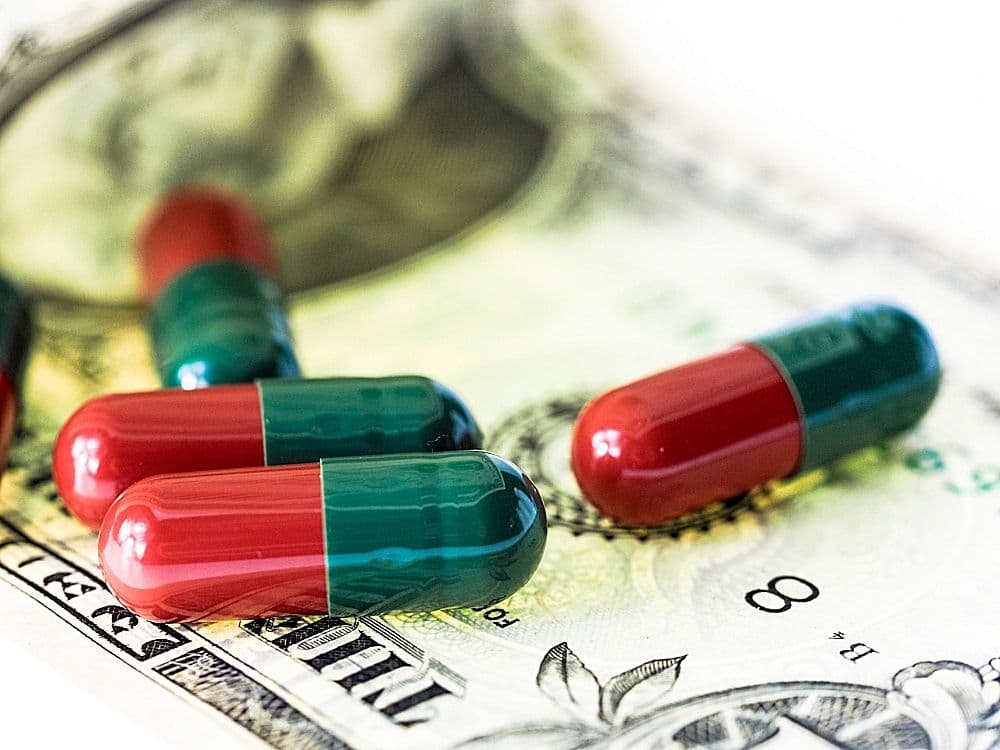The controversy over Kymriah continues, the 400,000-euro drug that promises to cure acute lymphoblastic leukemia but is only considered for the rich.

Do not turn off the controversy about Kymriah, The anti cancer drug designed to heal from acute lymphoblastic leukemia and only considered for rich. The reason?! Obviously the mind-boggling price or 475,000 francs, around 400,000 euros, a figure that few can afford. The drug of Novartis, a well-known pharmaceutical company, was conceived by a researcher at the University of Pennsylvania and more for what it promises (the recovery from acute lymphocytic leukemia widespread among children and young people under 25 years of age) it is at center stage for the prohibitive price , according to many unthinkable and rich.
In Italy, for the moment, it will not arrive given that the centers for the extraction of white blood cells are all located in the USA but in the meantime what is considered to be the first anti-leukemic gene therapy has obtained the ok from the Food and US Drug Administration. The drug uses the patient's genetic material to treat the disease, changes a patient's gene that allows T lymphocytes to recognize and kill the cells that cause leukemia.
Who defends it
On the one hand there is Jörg Reinhardt, chairman of the board of directors of the Swiss multinational, who told the newspaper Blick of Zurich defended and justified the price of the drug by relying on the fact that it is a one-time treatment which, when compared with other standard therapies, which need to be repeated, with costs of 100,000 francs a year, the price of the Kymriah can also be justified. "Kymriah is not simply a tablet, but a highly complex process - underlined the CEO - cells are taken from patients, which are genetically modified, at a therapeutic level, then introduced again and the amount is calculated only when the therapy has effect". The drug, therefore, which for now could be used on 600,000 people a year, was designed for those who do not respond positively to standard treatments but the fact remains that for patients and the national system the costs remain prohibitive.
Who is sceptical

Who has doubts about the receipts of pharmaceutical companies
To be exposed too John D'Agata, president of the "Rights Window", who justified the price of research, investment and production costs but the pharmaceutical multinationals should not make money on some drugs such as Kymriah, precisely defined as a lifesaver. The pharmaceutical company Novartis, in fact, reported a net profit of 6.7 billion.
In essence, Kymriah is certainly an exclusive drug that for the moment no national health system can finance but the fact to grasp, at least from a scientific point of view, is that it works: in the USA it has been tested on some young patients and in the 83% of cases the disease regressed. However, it must be said that the treatment is not free from side effects such as cytokine release syndrome.
We are faced with a drug that is certainly very expensive, for the few, and if the costs of research are just as high and justify the staggering price of Kymriah, on the other hand we need to focus on the profits of pharmaceutical companies on a treatment that should save the life of those who no longer have hope.
